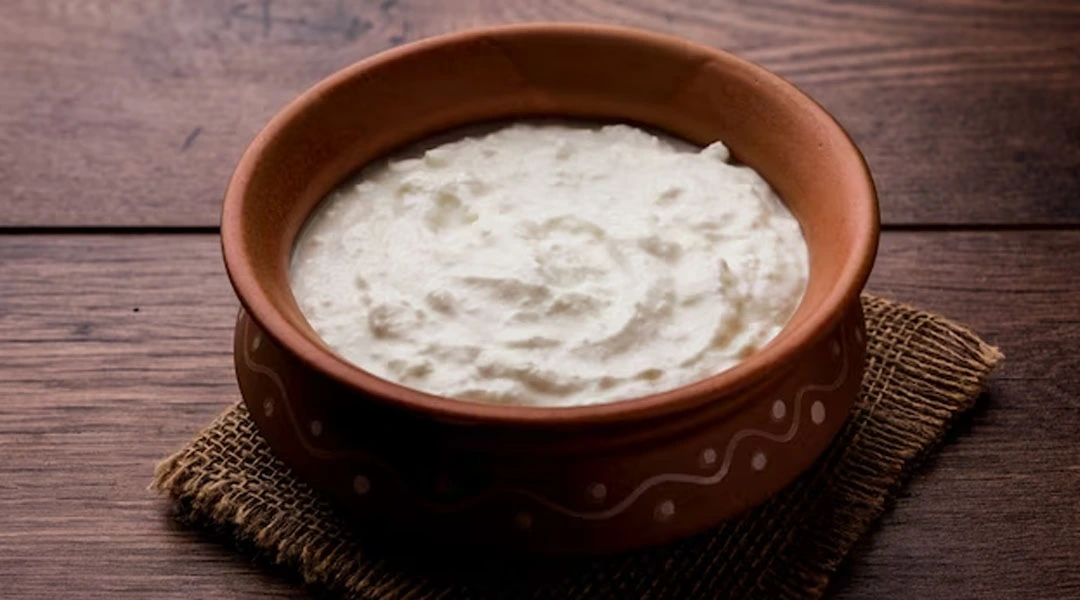Since the Vedic era, the creamy, slightly sour curd has been a staple of the Indian diet. In India, curd is consumed after meals or alongside them to enhance digestive and immunological health. This milk product can be consumed in a variety of ways, including curd rice, raita, dahi-cheeni, and yoghurt.
Our digestive systems and overall immunity are supported by the variety of microorganisms found in curd, which is made by naturally souring boiling milk. It satisfies the need for calcium and phosphorus in lactose-intolerant people and serves as a wholesome alternative to milk. Lactose in milk is converted to lactic acid by enzymes found in fermenting bacteria. Due to its wonderful benefits, Yash Birla makes sure to include it in his diet every once in a while.
There are specific Ayurvedic recommendations to follow while having curd in order to get the most health advantages. The
benefits and drawbacks of curd were explained by Dr Chaitali Deshmukh
, an Ayurvedic consultant at Birla Ayurveda.
According to Ayurveda, curd increases fat, which is great for weight gain, strengthens the body, stimulates Pitta and Kapha (reduces Vata), and improves Agni (digestive ability). According to Yash Birla, it has a sour flavour, is hot in nature, is heavy to digest (takes a long time to pass digestion), and raises fat.
However, experts suggest avoiding the following while ingesting curd:
You shouldn’t eat curd or dahi at night. This is due to the fact that curd can support the development of our Kapha Dosha, which is regarded to be at its most potent at night. When your Kapha Dosha is high, an excessive amount of mucus occurs, which could lead to swallowing. One of the primary defences against eating curd at night is that.
Have you ever witnessed a person eat warm curd? The response is NO! Furthermore, Ayurveda and modern science both agree that cooking curd may modify its properties, which might lead to suffocation and swelling in your body. Consuming heated curd is thus against the Ayurvedic philosophy.
Eating curd is not advised daily in Ayurveda. The reason is that curd is notorious for being heavy and increasing inflammatory responses in the body. When there is inflammation in the body, the Pitta and Kapha Doshas also increase, which is very detrimental to your health. Therefore, take care to avoid eating curd every day. Buttermilk can be consumed every other day if you choose to avoid eating curd on a daily basis.
It is never advisable to consume curd if you have a bleeding disorder. Many people are unaware of the hot potential of curd and how it may improve Pitta Dosha. Consequently, if you have significant menstrual flow or nasal bleeding, it is advised that you completely avoid curd in your meals.
Fruits shouldn’t be paired with curd since it is a channel blocker that is incompatible with meals. Chronic use may lead to allergies and metabolic issues. Curd is incompatible with fish and meat. When the curd is cooked with meats like chicken, mutton, or fish, toxins are created in the body.








Leave A Comment